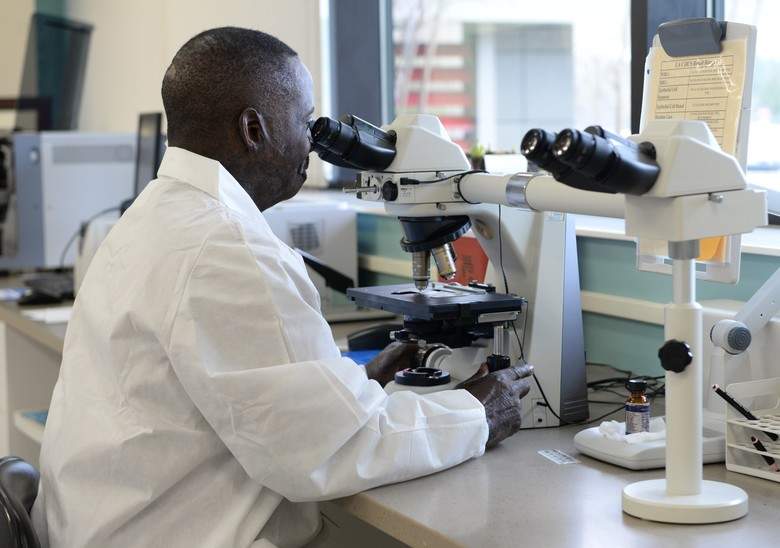
Biopharmaceutical firm Shire has announced a partnership with French biotech NanoMedSyn to examine a potential enzyme replacement therapy for lysosomal storage disorders.
The preclinical research collaboration will use NanoMedSyn’s proprietary synthetic derivatives known as AMFA. AMFA is designed to target a specific membrane lectin, the mannose 6-phosphate (M6P) receptor, a major intracellular lysosomal trafficking pathway.

Discover B2B Marketing That Performs
Combine business intelligence and editorial excellence to reach engaged professionals across 36 leading media platforms.
Preclinical data demonstrated that AMFA had a high affinity for binding to the M6P receptor. The compound was also found to boost lysosomal exposure and increase enzyme replacement therapy activity, as compared with currently available therapy.
“NanoMedSyn has demonstrated innovation in advancing the next generation of enzyme replacement therapy, and Shire is pleased to enter this research agreement with NanoMedSyn,” Shire chief scientific officer Andreas Busch said.
“The novel design of AMFA and the promising biological activity demonstrated in preclinical models makes this program an exciting opportunity for Shire to further expand its commitment to evaluating potential advancements in lysosomal storage disorder treatments.”
Lysosomal storage disorders are inherited metabolic disorders in which enzyme deficiencies cause an abnormal build-up of various toxins in the body’s cells. In total there are more than 50 of the disorders, which can affect different parts of the body including the central nervous system.

US Tariffs are shifting - will you react or anticipate?
Don’t let policy changes catch you off guard. Stay proactive with real-time data and expert analysis.
By GlobalData“This agreement provides the opportunity to further evaluate molecules based on our proprietary AMFA technology, which may potentially benefit patients with lysosomal storage disorders that are currently treated with the traditional enzyme replacement therapies,” NanoMedSyn CEO Henry-Vincent Charbonné said.
“As a global biotech leader in the development and commercialisation of biologic therapeutics, Shire is an ideal research partner, particularly given their extensive expertise in the area of lysosomal storage disorders.”
Shire is best known for its research into rare genetic diseases, currently examining treatment routes for Hunter Syndrome, Type 1 Gaucher Disease and Fabry Disease.
Montpellier-based NanoMedSyn was specifically created to develop AMFA technology. The compounds have the potential to target various proteins or drugs to tissues and cells expressing the M6P receptors to facilitate their cellular entrance and eventual lysosomal uptake. In September 2016, the European Medicines Agency (EMA) granted orphan drug designation for NanoMedSyn’s first compound, recombinant acid alpha-glucosidase conjugated with AMFA for the potential treatment of Pompe disease, a lysosomal storage disorder.
Under the terms of the deal, the companies will perform preclinical evaluations of AMFA conjugated to recombinant enzyme. Financial details of the deal are not yet known, aside from the fact that Shire is due to provide funding to NanoMedSyn.





